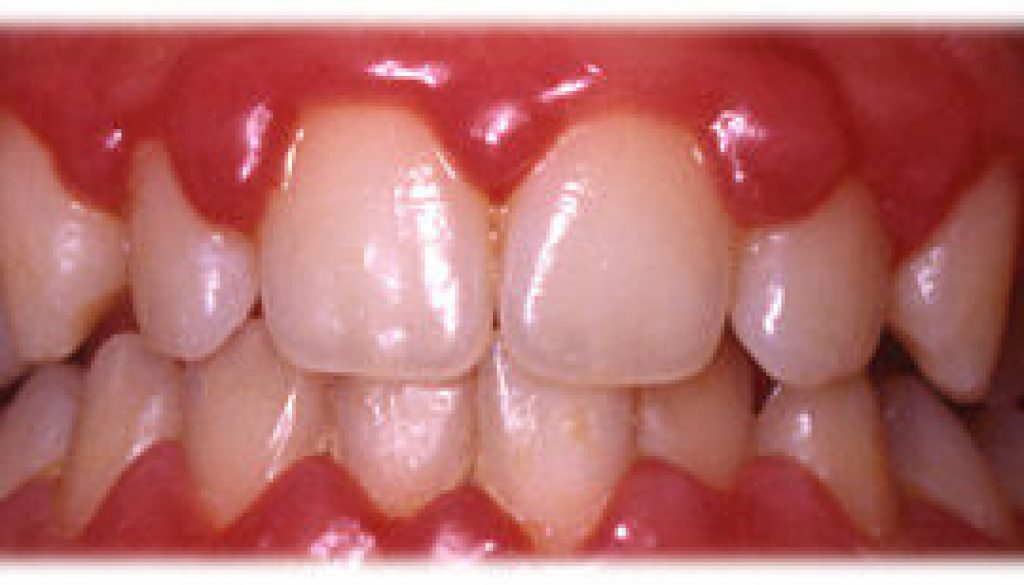Tooth Sensitivity Pregnancy

The joy of pregnancy - a time of great excitement and anticipation, but also a time when the body undergoes numerous changes, some of which can be quite unpleasant. One common complaint among pregnant women is tooth sensitivity, a condition characterized by a sharp, shooting pain in the teeth, often triggered by hot or cold foods and drinks, sweetness, or even brushing and flossing. In this article, we will delve into the world of tooth sensitivity during pregnancy, exploring its causes, symptoms, and treatment options, as well as provide valuable tips on how to manage this pesky problem.
What causes tooth sensitivity during pregnancy?
Tooth sensitivity is a common issue during pregnancy, affecting up to 40% of expectant mothers. The primary culprit behind this condition is hormonal fluctuations, particularly the increase in progesterone and estrogen levels. These hormonal changes can affect the blood flow and nerve endings in the teeth, making them more sensitive. Additionally, pregnancy-related gum disease, also known as pregnancy gingivitis, can contribute to tooth sensitivity. This condition is caused by the buildup of plaque and tartar on the teeth, which can lead to inflammation and irritation of the gums.
Another factor that may contribute to tooth sensitivity during pregnancy is the increased acidity in the mouth. Morning sickness, a common symptom experienced by many pregnant women, can lead to acid erosion of the tooth enamel, making the teeth more susceptible to sensitivity. Furthermore, pregnancy can cause changes in eating habits, such as consuming more sugary or acidic foods and drinks, which can further exacerbate tooth sensitivity.
Symptoms of tooth sensitivity during pregnancy
Tooth sensitivity can manifest in different ways, but common symptoms include:
- Sharp, shooting pain in the teeth, often triggered by hot or cold foods and drinks
- Pain or discomfort when consuming sweet or sour foods and drinks
- Sensitivity when brushing or flossing teeth
- Pain or discomfort when breathing in cold air
These symptoms can range from mild to severe and may affect one or multiple teeth.
Treatment options for tooth sensitivity during pregnancy
While tooth sensitivity can be uncomfortable, there are several treatment options available to manage this condition. The following are some of the most effective ways to alleviate tooth sensitivity during pregnancy:
- Fluoride treatments: Fluoride varnishes or gels can help strengthen tooth enamel and reduce sensitivity.
- Desensitizing toothpaste: Using a toothpaste specifically designed for sensitive teeth can help block the dentinal tubules, reducing sensitivity.
- Gum treatment: Regular dental cleanings and gum treatment can help prevent and treat pregnancy-related gum disease.
- Avoid triggers: Avoiding trigger foods and drinks, such as hot or cold substances, and acidic or sugary foods and drinks, can help reduce sensitivity.
- Good oral hygiene: Practicing good oral hygiene, including regular brushing and flossing, can help prevent plaque buildup and reduce sensitivity.
It is essential to note that some treatment options, such as dental X-rays and certain medications, may not be recommended during pregnancy. It is crucial to consult with your dentist or healthcare provider before undergoing any treatment.
Tips for managing tooth sensitivity during pregnancy
While treatment options are available, there are also several tips that can help manage tooth sensitivity during pregnancy:
- Use a soft-bristled toothbrush: A soft-bristled toothbrush can help reduce irritation and discomfort when brushing teeth.
- Choose a gentle toothpaste: Using a toothpaste specifically designed for sensitive teeth can help reduce sensitivity.
- Avoid over-brushing: Avoid brushing teeth too aggressively, as this can further irritate sensitive teeth.
- Rinse with salt water: Rinsing with salt water can help reduce inflammation and sensitivity.
- Avoid trigger foods: Avoiding trigger foods and drinks, such as hot or cold substances, and acidic or sugary foods and drinks, can help reduce sensitivity.
In addition to these tips, it is essential to maintain a healthy diet and lifestyle, including consuming a balanced diet rich in fruits, vegetables, and whole grains, and staying hydrated by drinking plenty of water.
Frequently asked questions
Is tooth sensitivity a sign of an underlying issue?
+Tooth sensitivity can be a sign of an underlying issue, such as tooth decay or gum disease. Regular dental checkups and good oral hygiene practices are essential to prevent and manage tooth sensitivity during pregnancy.
Can I use over-the-counter tooth sensitivity products during pregnancy?
+It is essential to consult with your dentist or healthcare provider before using any over-the-counter tooth sensitivity products during pregnancy. Some products may contain ingredients that are not recommended during pregnancy.
How long does tooth sensitivity last during pregnancy?
+Tooth sensitivity can last throughout pregnancy, but it often resolves on its own after giving birth. However, it is essential to practice good oral hygiene and visit your dentist regularly to prevent and manage tooth sensitivity.
In conclusion, tooth sensitivity is a common complaint during pregnancy, but it can be managed with the right treatment options and lifestyle changes. By understanding the causes and symptoms of tooth sensitivity, as well as implementing effective treatment options and tips, pregnant women can reduce their discomfort and maintain good oral health throughout their pregnancy. Remember, a healthy smile is not just a reflection of good oral hygiene, but also a sign of overall health and well-being.

